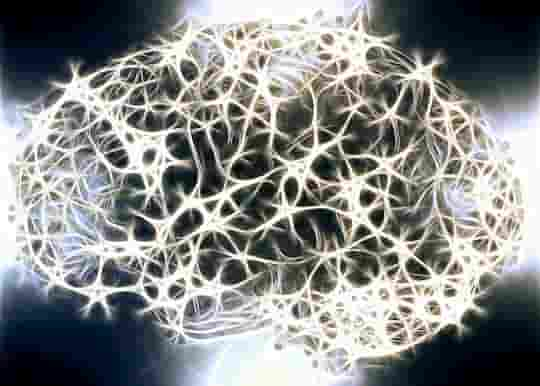The brains of people who have had the disease show signs of leaky blood vessel damage.
A new study finds no evidence of the novel coronavirus entering the brain or that it attacks the brain directly.
However, the brains of people who have had the disease show signs of leaky blood vessel damage.
This may be the result of the immune reaction the body mounts in response to the virus.
Despite the findings in this study, a recent study on mice has suggested that the COVID-19 virus may enter the brain, while another study has suggested how it may do so (Meinhardt et al., 2020).
Scientists are trying to explain why people with COVID-19 are reporting cognitive symptoms like brain fog and fatigue from what is primarily a respiratory disease.
Some think the virus may invade the brain’s respiratory centre, affecting breathing as well as the olfactory bulb, which controls the sense of smell.
Dr Avindra Nath, the study’s first author, said:
“We found that the brains of patients who contract infection from SARS-CoV-2 may be susceptible to microvascular blood vessel damage.
Our results suggest that this may be caused by the body’s inflammatory response to the virus.
We hope these results will help doctors understand the full spectrum of problems patients may suffer so that we can come up with better treatments.”
The results of this study are based on an examination of the brain tissue of 19 people who died after contracting COVID-19.
They found dark spots in the brain containing leaky and clotted blood vessels.
Dr Nath said:
“We were completely surprised.
Originally, we expected to see damage that is caused by a lack of oxygen.
Instead, we saw multifocal areas of damage that is usually associated with strokes and neuroinflammatory diseases.”
Lastly, researchers used several methods for detecting genetic material related to SARS-CoV-2, but discovered nothing.
Dr Nath said:
“So far, our results suggest that the damage we saw may not have been not caused by the SARS-CoV-2 virus directly infecting the brain.
In the future, we plan to study how COVID-19 harms the brain’s blood vessels and whether that produces some of the short- and long-term symptoms we see in patients.”
The study was published in the New England Journal of Medicine (Lee et al., 2020).

